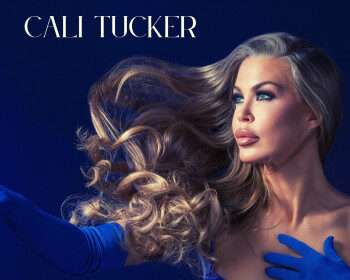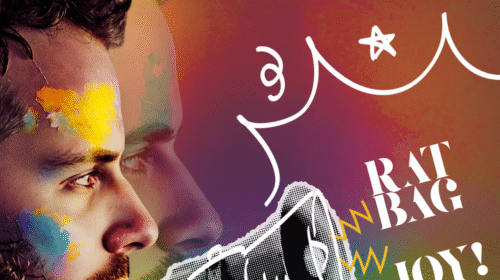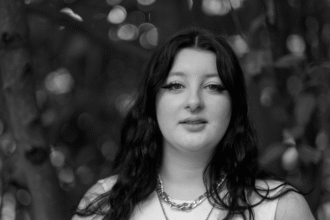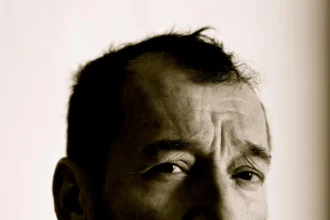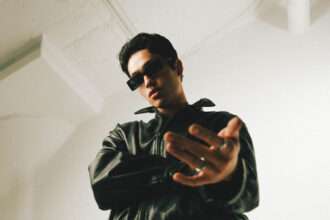In this exclusive interview, we had the pleasure of delving into the captivating journey of indie musician Joshua Ingram. Joshua’s musical endeavors began in high school, where he played at parties and clubs with friends. While his peers pursued different careers, Joshua couldn’t shake his love for music. He continued to play with various acts, perform at churches, and collaborate with different artists.
Being an indie musician comes with its challenges, and Joshua has experienced his fair share. One of the significant hurdles is financial constraints. Recording, advertising, and self-promotion require funds, and Joshua has learned to adapt by recording at home and taking background music gigs to support his musical endeavors. He acknowledges the subjective and oversaturated market, recognizing the need for sacrifice to stay in the game.
Inspiration is the driving force for Joshua. He loves performing, hearing new songs, and connecting with people through his music. With a customer-centric mindset, Joshua prioritizes his audience, considering them his top priority. He often performs free shows, relying on tips and merchandise sales to sustain his career.
Joshua’s unique style can be described as a dynamic blend of high-energy notes, harmonies, and captivating performances. Drawing influence from bands like RUSH and COUNTING CROWS, he creates a sound that is exciting, never boring and leaves a lasting impression on his audience.

When it comes to songwriting, Joshua typically starts with lyrics, considering them the building blocks of his songs. He crafts stories or conveys messages of hope while striving to create a safe and comforting experience for listeners. Joshua’s lyrics cover a range of themes, including love, loss, and misunderstood perceptions. With each song, he aims to treat the listener with respect and evoke emotions that resonate on a human level.
Looking ahead, Joshua envisions continuing to perform at venues and build a strong social media presence to connect with his audience. He seeks to bring joy and comfort to listeners while leaving a lasting impact with his music. Through his resilience, dedication, and genuine connection with his fans, Joshua Ingram embodies the spirit of an indie musician, crafting heartfelt music that touches the souls of his listeners.
Can you tell us about your journey as an indie musician? What inspired you to pursue a career in music?
My journey first started with my friends in high school. We played a few parties, made a cassette tape, and even had a couple of shows in clubs. When college came around, it was pretty clear that the other guys were happy to move on to more professional careers but I couldn’t shake it. For years, I bounced around sitting in with different acts, playing at churches, and jumping in shows with other people. One day, I made friends with a songwriter who wanted to put a band together.
Since he was new to the area, I called a couple of other friends and we started writing and playing together. In 2001 we released our first and only album as the band Project 1218 and the album was What You’ve Always Wished You’d Heard, pulled from a lyric off one of the songs. Though we didn’t lack talent, we were completely green about the music business and didn’t experience much success. We were able to book a few shows, sell out of the few copies we made, and eventually, amicably decided to part ways. I went solo and they changed the name to Ashmore and at least one original member still plays with them today.
I then set out to be a solo act. Playing as Joshua Ingram, I have released two full-length albums and multiple singles. During the time I have been a solo artist, the music industry has changed many times so I’ve been forced to adapt and learn new ways to work. Being an indie musician is wonderfully freeing, but it does come with its challenges. The biggest challenge is always money. It takes money to record, it takes money to advertise, and if you don’t do those things, it’s hard to make it. I have learned to record at the house to keep some of the overhead down and take more background music gigs than I wish, but it helps me earn enough money to play the shows that don’t pay as well. I have heard some artists complaining that people won’t pay enough for the art. I don’t know if that’s true or not, I just know that life is tough, I’m making the choice to work in a subjective and over-saturated market, so I need to be ready to sacrifice to stay in the game.
That’s really where the inspiration is. It’s a challenge to stay working all the time, so I appreciate the opportunities. I love performing, I love hearing brand-new songs, and I love being able to connect with people through them. I often say “I’m the people business, not the music business”. My customers aren’t record labels, radio stations, event promoters, or booking agents, my customers are audience members. The people I sing to are at the top of my priority list. That’s why most of my shows are free and I’m hoping for tips and that people will buy the merch!
How would you describe your unique style and sound as an artist? What sets you apart from other musicians?
I would describe my unique sound by saying it’s just a lot. One of my favorite bands is RUSH, so I play lots of notes, but I also love COUNTING CROWS so we have fun and sing lots of harmonies. One soundman said he couldn’t believe how much sound I get out of just an acoustic guitar. A Dallas radio DJ said I blow him away. My lead guitar player says I lack subtlety. However you look at it, being exciting and never boring an audience is a high priority. I’m not saying I never slow it down for a couples’ skate, but those are fewer and farther between than the groovers.
Could you share some of the biggest challenges you’ve faced as an indie musician and how you overcame them?
One of, if not the actual biggest challenge is how our culture consumes music now. When I started, we could sell a CD right from the stage, open it to sign it, give it to the folks, they would put it in the dash on the way home, and we had made it into their lives, and made a little money. Now, they’re not, on the whole, buying a hard copy. That means we have to be available for streaming, which means recording music you won’t make money from, paying someone to get it to all the services (or spending hours doing it yourself), waiting for it to release, trying to get people to remember to listen some other time. There are too many steps to feel sure you can make it happen. Once all the music is consumed on a phone, there’s very little to entice someone to listen to me over someone who is world famous.
I’m not sure I’d say we’ve overcome them, we do some simple things to try to replace what we’ve lost in the change. For instance, I now have a business card with my name and picture on one side, and a QR code on the other. The code takes you to a place on my website where I list all streaming, social, and video links, my show dates, and it shows the merch for purchase. I have taken the challenge of the audience remembering once they’re gone because I have given them something physical they can leave with. We have also adapted to be able to take any form of digital payment because cash is not as commonly carried now.
After that, the biggest challenge is the same thing it always is for indie acts. Where are the people who like music like mine, and how can I get them to listen to me? This is the grind but it’s also the reason we play. We try to focus on specific rooms we feel work in our favor. We also work to build a strong social media presence to connect with people outside of shows.

What is your creative process like? How do you approach songwriting and composing music?
I typically start with lyrics as I see them as the building blocks for the songs. They hold the message and the structure. Then I’ll try to come up with a riff and chord progression that fits the intent. I try to stay away from typical progressions that are popular or common so as to set my song apart from the herd. There’s not certain time or way that I write. Usually, something will come to me while I’m doing something. Sometimes I can complete the song right away and sometimes it takes a few days or weeks. I have one on my album I Wish It Would Rain that took me about 5 years to finish. That one is called “There Must Be More”. You just never know when you sit down to write, whether it will be a quick one or not.
Are there any particular themes or messages that you aim to convey through your music? What inspires your lyrics?
I either tell a story I find interesting, or I try to have a message of hope. While I don’t have a specific type of person in mind when I write, I want it to be safe and comforting for everyone. I want people to feel when they listen, but if it’s a hard song, emotionally, I don’t like to leave the listener there. “Lay It All On Me” is obviously a song about emotional support while “I Wish It Would Rain” is a song that acknowledges when people can feel desperate.
I have songs about love, about loss, and about people getting the wrong idea. In all of these songs, I try to treat the listener with respect. What I mean is, I don’t want them to think I think they’re stupid by including too many details, but I also don’t want them to think I think they can read my mind. As with a live show, I consider the listener when I write songs so as to hopefully bring them joy or at least let them feel human, even if it’s sad.
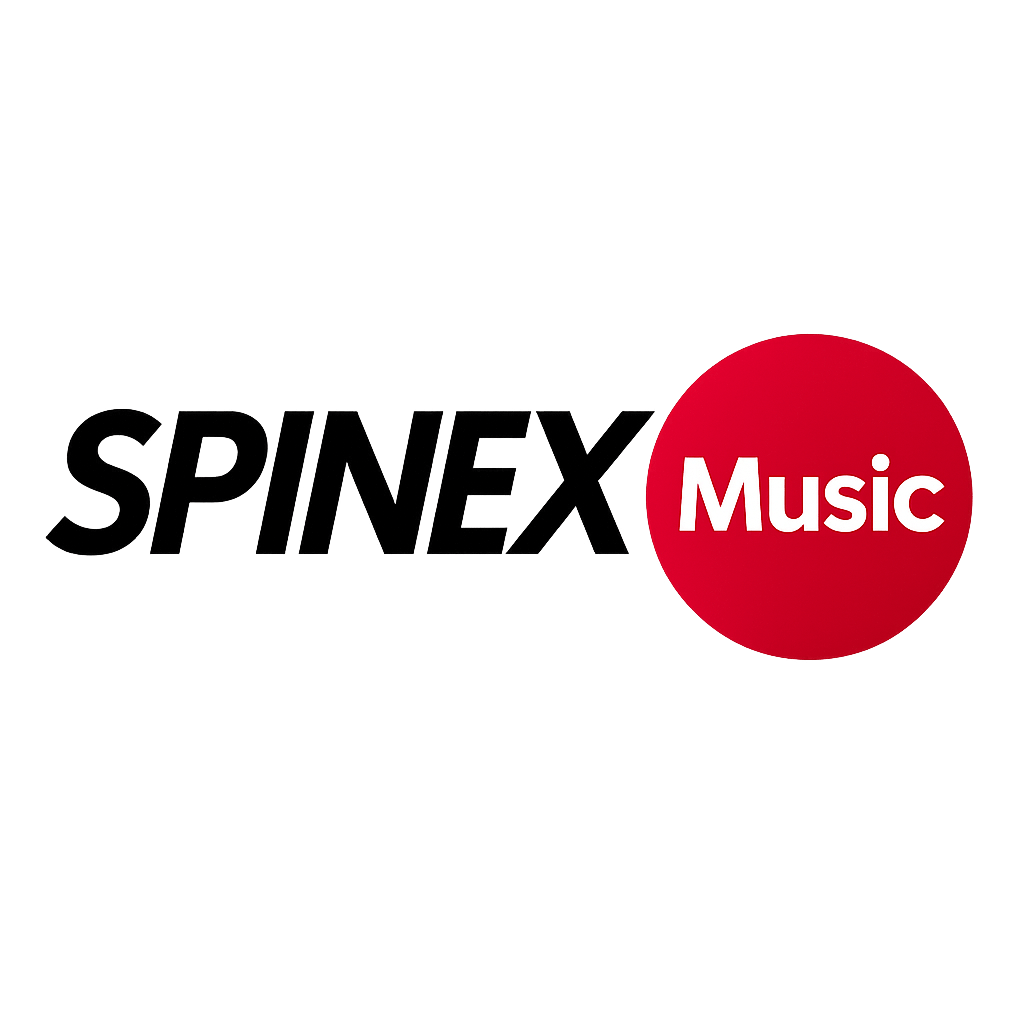

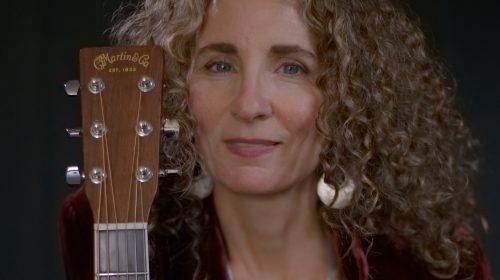
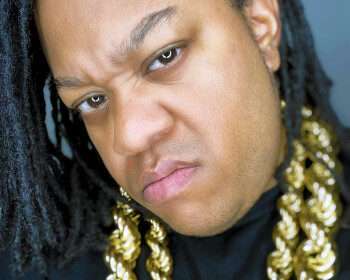
![[Music] Shatta Wale – On God (Download MP3) 60 Shatta Wale – On God](https://spinexmusic.com/wp-content/uploads/2025/05/Shatta-Wale-–-On-God-500x280.jpeg)
